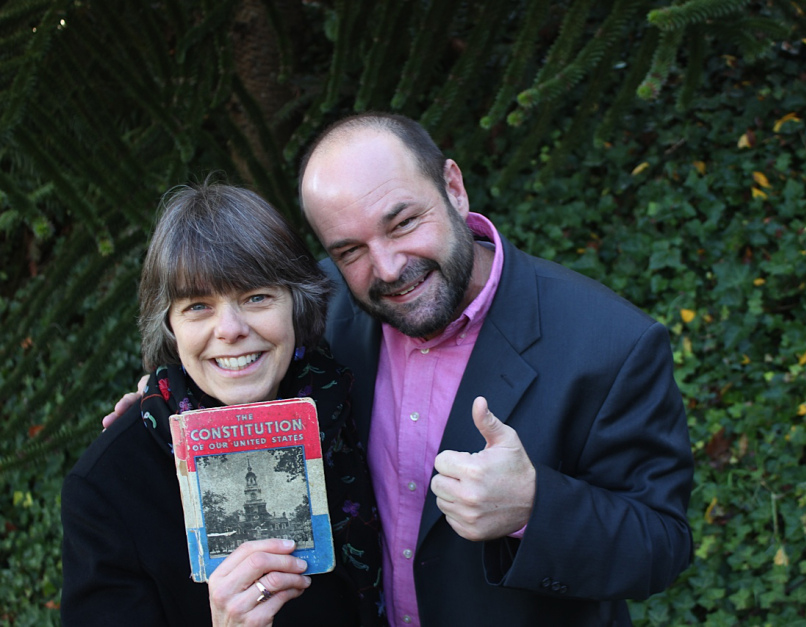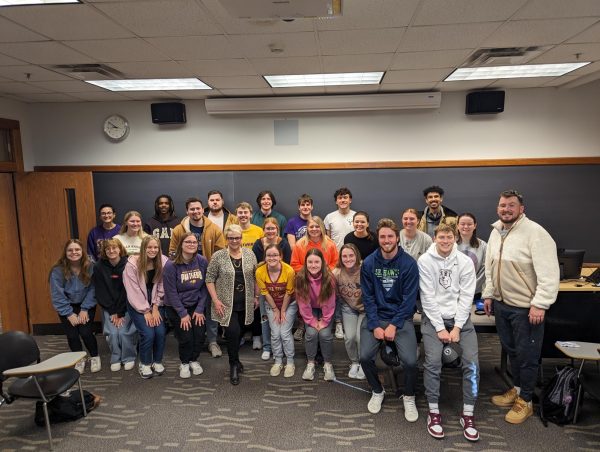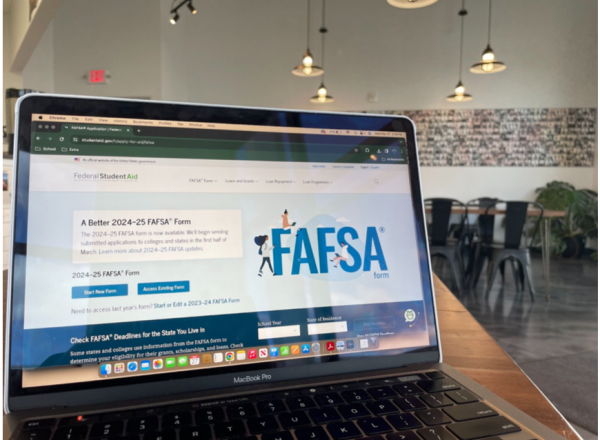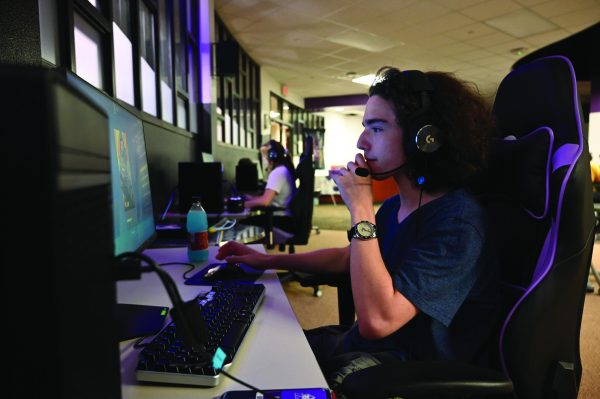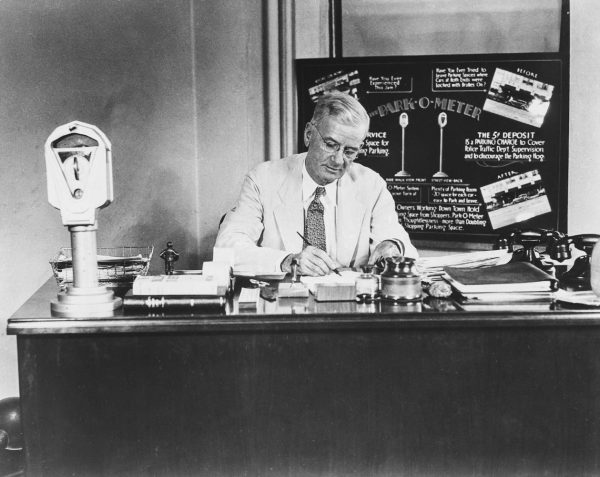Tinker talks first amendment
Mary Beth Tinker (left) and Mike Heistand began the ‘Tinker Tour’ in 2013-2014 by taking a bus through 41 states, discussing the first amendment.
Oct 9, 2017
On Tuesday, Oct. 3, Mary Beth Tinker visited UNI to give a lecture about the importance of free speech and the First Amendment. Tinker is a free speech activist, most known for her role in the 1969 Tinker v. Des Moines Independent School District, Supreme Court case. Throughout the lecture, Tinker spent a significant amount of time discussing the case and how it impacted free speech in schools across America.
“The ruling in 1969 had a huge impact on schools around the country,” Tinker said.
Tinker was born in Atlantic, Iowa, but her family was forced to move to Des Moines after her father was fired from his church for trying to create change regarding the treatment of African American children. As a result, the Tinkers lost their house. This pattern would soon repeat itself in Des Moines, as Tinker’s father was passionate in his beliefs and maintained this throughout his life.
“My father was a part of a vast conspiracy of love and understanding, called Christianity,” Tinker said.
Tinker grew up surrounded by controversy and this greatly impacted the direction of her life.
“There was a lot of controversy,” Tinker said. “But as I learned later, without controversy we don’t have democracy or education.”
As a 13-year-old student, Tinker said she was deeply affected by the Vietnam War and decided to follow the example set by her parents. Tinker and her siblings, as well as other Des Moines students, wore black armbands to school as a show of mourning for the dead on both sides of the war in Vietnam.
The Des Moines school board tried to stop the students from wearing the armbands and suspended students who did, including Tinker. The issue was taken to court and appealed up to the Supreme Court, where the children won the case against the school. The ruling of this case set a precedent for free speech in public schools across America.
Tinker said she and her family received a lot of hate for wearing the armbands, as people felt very hurt by their decision to wear them.
“They threw red paint at our house, they called us communists and a woman on the phone threatened to kill me,” Tinker said. “I was quite shocked as a young person.”
According to Tinker, a big part of the 1969 ruling involved acknowledging that some free speech would make people uncomfortable. Tinker believes this is important and that it is a worthwhile price to pay for democracy. She discussed how the meaning behind the term ‘Tinkering’, which was coined after the ruling, essentially states that if the speech is not substantially destructive or impinging on the rights of others, it is allowed.
“The exceptions that were carved out were for lewd or obscene speech,” Tinker said.
In an interview, Tinker talked about how Americans have the right to their opinions, free speech and freedom of the press. She said this is very different compared to the environment around free speech during World War I and World War II, which is why she now believes so heavily in the importance of free speech. Tinker frequently mentioned her belief in the importance of journalism, as it relates to democracy.
“A good part of my travels includes promotion of the free press, which is so important to democracy,” Tinker said. “The role of journalism is very important to educate people about truth and how we seek it.”
According to Tinker, there is a lot of hate speech in society today and, through her lectures at schools, she discusses managing controversy in a respectful way. Tinker also said she loves educating students on the importance of free speech. She also loves watching kids stand up for their rights.
According to Tinker, a university is the best place to discuss the issues society is facing today because it is full of open dialogue and people with passionate beliefs.
“Young people have always spoken up to push the world forward,” Tinker said. “They see things with fresh eyes.”


